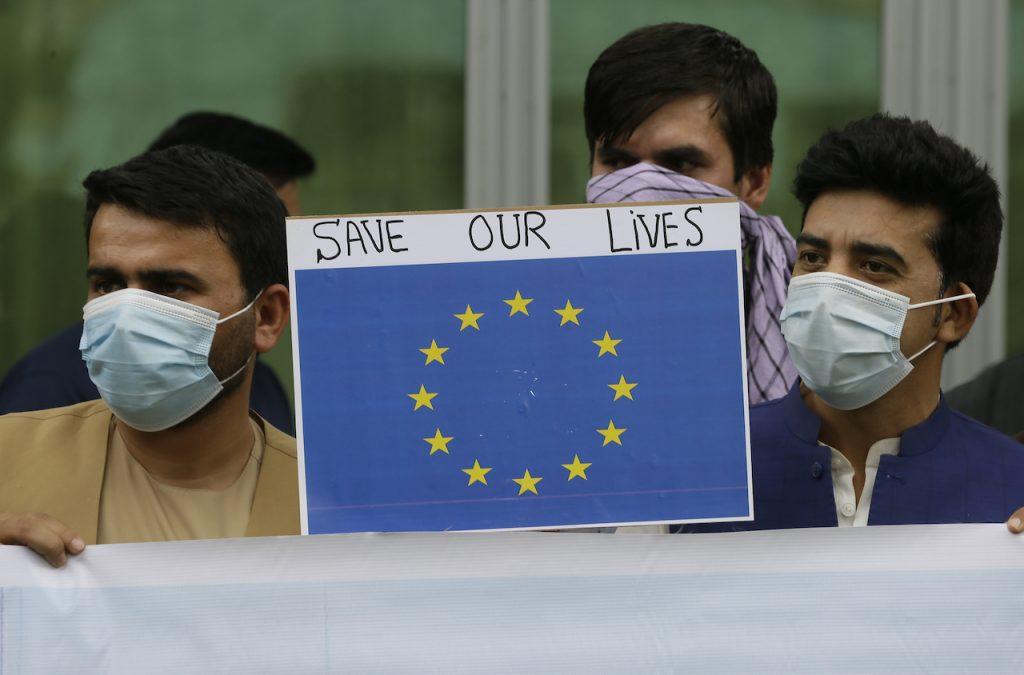Calls grow to evacuate loyal Afghan interpreters to Pacific island before US troops leave
It is feared that the Taliban will find and execute all Afghans who in any way aided US and Nato forces before they can be approved for US visas.
Just In
The last US and Nato forces are set to finally quit Afghanistan by Sept 11, without being able to rescue thousands of loyal Afghan interpreters before then.
The Biden administration is being urged to accelerate the rescue of thousands of Afghans who helped US and Nato military operations in the past two decades.
“We have a moral obligation to protect our brave allies who put their lives on the line for us,” representative Peter Meijer said during a House hearing last week.
Lawmakers are urging the administration to consider temporarily relocating imperilled Afghans to a safe overseas location while their US visas are processed.
Some have suggested Guam, a remote US island in the Pacific. The tiny island is the westernmost point and territory of the US, nearer to Papua New Guinea than California.
Covering an area of 540 sq km, Guam is an unincorporated territory of the US in Micronesia.
It was used for a similar purpose after the Vietnam War. Kurdish refugees were also taken there in 1996 after the Gulf War.
Guam’s governor recently wrote to President Joe Biden to say the territory was ready to help if needed.
The Biden administration for now is focusing on accelerating a special visa programme for Afghans who helped US operations and pouring resources into relieving the backlog.
“We are processing and getting people out at a record pace,” White House press secretary Jen Psaki said on Wednesday.
Representative Jason Crow recently introduced legislation that would nearly double the number of visas available this year, to 8,000, and ease eligibility requirements, but he said congressional action will not be quick enough to protect the vulnerable from Taliban reprisals.
Even if the legislation passed immediately, the number of visas would fall far short of the estimated 18,000 Afghans waiting to be processed. That figure does not include their spouses and children, who would bring the total to about 70,000 people.
The normal average wait for a visa interview is more than three years but the process has been further slowed by the Covid-19, which has led the US embassy in Kabul to suspend visa interviews.
Crow, a former army ranger who served in Afghanistan, said he prefers the government “evacuate our Afghan partners to a temporary evacuation site where we can safely conduct robust visa processing without threat to applicants’ safety by the Taliban”.
In a statement this month, the Taliban vowed not to attack those who worked for Western interests, urging Afghans to remain at home during the pandemic and warning their ranks against revenge killings.
More than 300 interpreters have been killed in Afghanistan since 2016, according to No One Left Behind, an organisation that advocates on their behalf.
Former army major Matt Zeller said a military evacuation is the only viable option for thousands of Afghans facing threats who have been protected by the presence of US troops.
“I’m only alive because my Afghan, Muslim translator saved my life by killing two Taliban fighters who were about to kill me in a battle,” said Zeller, whose interpreter waited three years for a visa.
Subscribe to our newsletter
To be updated with all the latest news and analyses daily.
